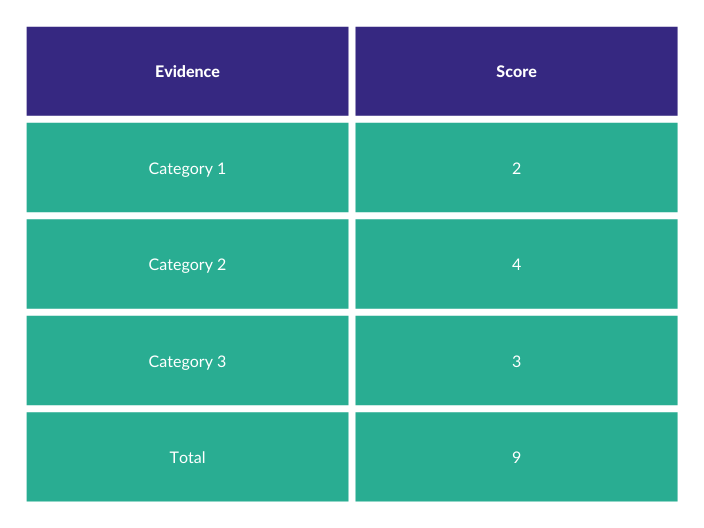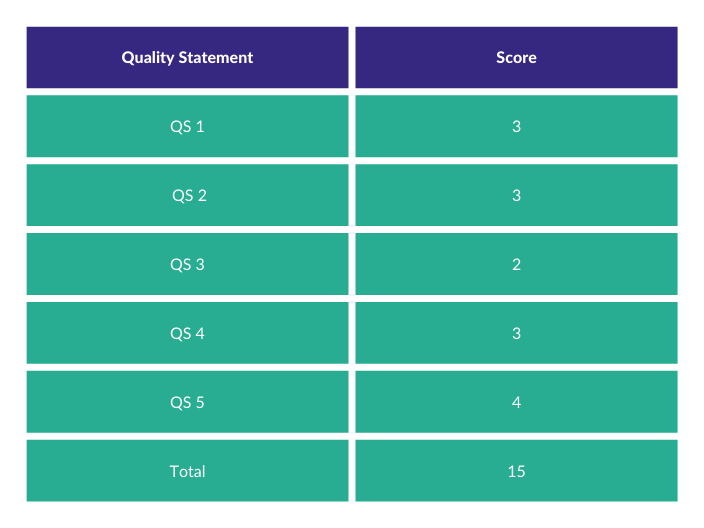This week, 21st-27th November 2022, organisations throughout the UK are taking part in Safeguarding Adults Week. The theme this year is Responding to Contemporary Safeguarding Challenges. This annual event was set up by Ann Craft Trust in order to raise awareness of safeguarding issues for adults. With this in mind, we want to make you more aware of some types of abuse and neglect within the health and social care sector, and how to record and report concerns.
Types of Abuse and Neglect
- Psychological, e.g. bullying, no provision for cultural or religious needs, limited opportunity to make decisions
- Discriminatory: e.g. exclusion from basic rights, unequal treatment, derogatory remarks
- Organisational: e.g. inadequate care or support, limited freedom, mistreatment of people using a service
- Self-Neglect: e.g. living in dirt conditions, suffering non-treatment of illness, malnutrition and dehydration
- Physical: e.g. poor moving and handling, hitting or pushing, unauthorised restraint
- Domestic: any controlling, bullying, threatening or violent behaviour between people in a relationship
- Sexual: e.g inappropriate touching, sexual advances, being shown pornography
- Financial: e.g. theft, misuse of personal allowance
How to Record and Report Concerns
Always take action as soon as possible if you believe someone is at risk of abuse or neglect. Whistle blowers are protected under the Public Interest Disclosure Act 1998. Follow the policy and procedure of the organisation. Inform a supervisor, line manager or lead practitioner. Your report should be concise while ensuring all necessary details are clearly communicated.
Ann Craft Trust have set up a schedule to help raise awareness of contemporary challenges:
- Monday: Exploitation and Country Lines
- Tuesday: Self-Neglect
- Wednesday: Creating Safer Organisational Cultures
- Thursday: Elder Abuse
- Friday: Domestic Abuse in Tech-Society
- Saturday and Sunday: Safeguarding in Everyday Life
Use #SafeguardingAdultsWeek on social media to get involved and help raise awareness. Virtual workshops on the topics above are available via Hull and East Riding Safeguarding Boards throughout the week. If you are interested in providing training in Safeguarding Adults, Advantage Accreditation has a ready-made course available to our approved centres, alongside many other courses . Please get in touch to learn more.







